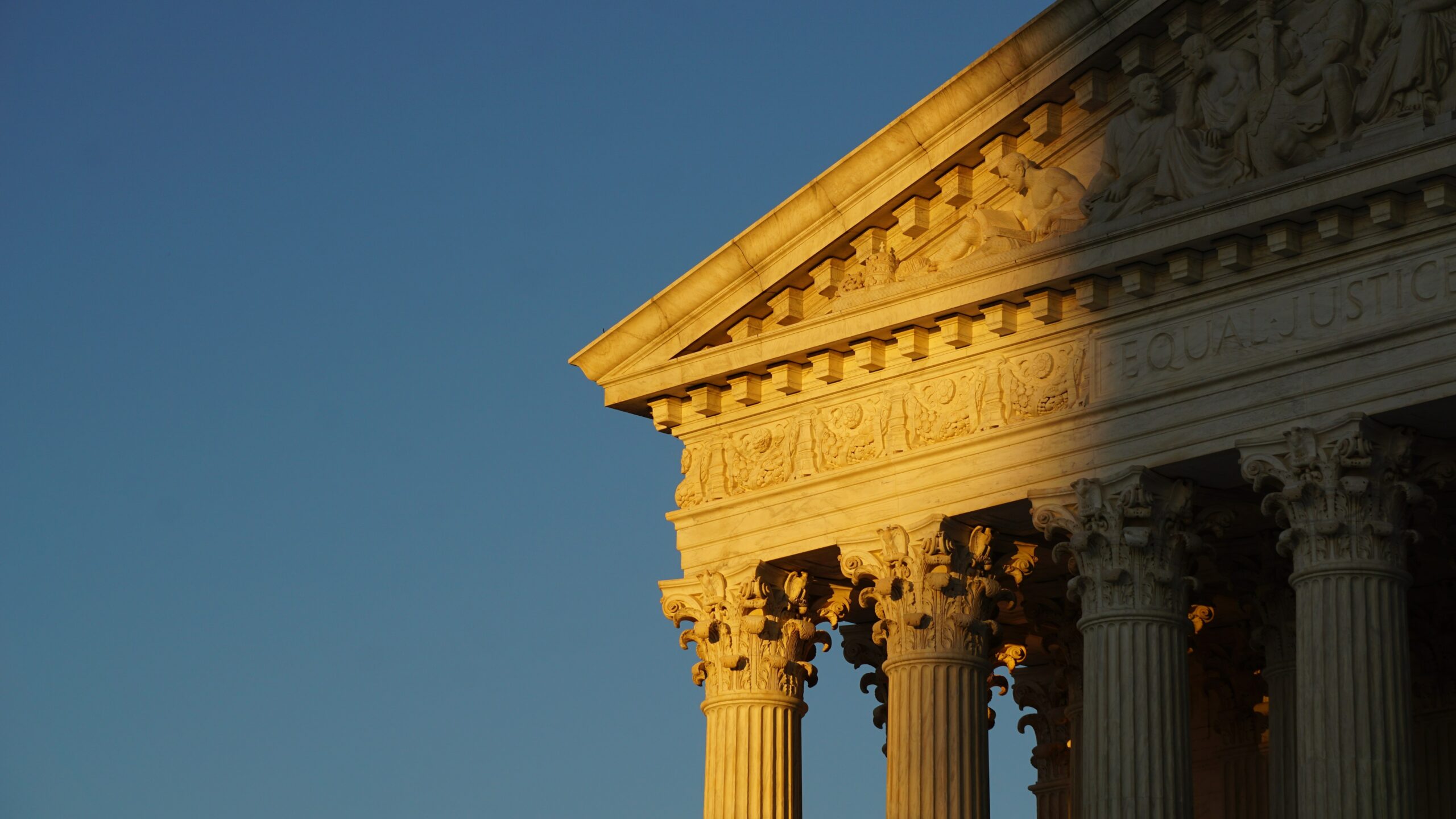
Celebration of Black History Month: Shuttlesworth v. City of Birmingham
- Breaking News
While Black History Month is a time for celebration, it is also a time to reflect on the history that formed the landscape of Birmingham, and ultimately our nation. One small glimpse of that history lies with the landmark decision in Shuttlesworth v. Birmingham, 394 U.S. 147 (1969).
In this case, Rev. Fred Shuttlesworth was arrested and convicted for violating a Birmingham City ordinance after leading a public protest without a permit in 1963 to fight for basic civil rights for all African Americans, including fair employment rights. The ordinance prohibited any individual from participating in any procession on city streets or public ways without first obtaining a permit from the City Commission. While Rev. Shuttlesworth requested a permit, along with his fellow marchers, the City Commission repeatedly denied the requests. Regardless, Rev. Shuttlesworth (peacefully) led his people down the sidewalks of downtown Birmingham and advocated for their rights. The march was stopped by the Birmingham police and Rev. Shuttlesworth was arrested for violating the above ordinance. He was later convicted of the same and sentenced to 90 days imprisonment at hard labor and an additional 48 days at hard labor if he defaulted on the accompanying fine. The Alabama Court of Appeals reversed the judgment of conviction and held that the ordinance had been applied in a discriminatory manner, and it was unconstitutional in imposing an “invidious prior restraint.” The Supreme Court of Alabama, however, reversed this judgment and reinstated the conviction. The United States Supreme Court granted certiorari and heard the constitutional claims. Referencing precedent, the Court stated “an ordinance which, like this one, makes the peaceful enjoyment of freedoms which the Constitution guarantees contingent upon the uncontrolled will of an official. . . is an unconstitutional censorship of prior restraint upon the enjoyment of those freedoms.” Shuttlesworth, 394 U.S. 147 at 150 (citing Staub v. City of Baxley, 355 U.S. 313 (1958)). The Court held that the ordinance was unconstitutional as a racially motivated prior restraint on speech in violation in the First Amendment, marking a historic win for African Americans.
Rev. Shuttlesworth was a monumental leader and advocate in the Civil Rights Movement. He fought alongside Martin Luther King, Jr. to overcome institutional segregation and give African Americans the equality they deserved. The above case is only one of the many examples of Rev. Shuttlesworth’s influence during the civil rights era. You may recognize his name from Birmingham-Shuttlesworth International Airport or his statute in front of Birmingham’s Civil Rights Institute, as pictured below. An award was also created in his name honoring his dedication to the Civil Rights Movement. While his efforts and work were most prominent in the 1950s and 1960s, his tenacious leadership and impact on Birmingham, and the nation, lives on today.
—McKenzie Meade

Image provided by: Library of Congress, Washington, DC
“Confrontation is not bad. Goodness is supposed to confront evil.”
– Rev. Fred Shuttlesworth





